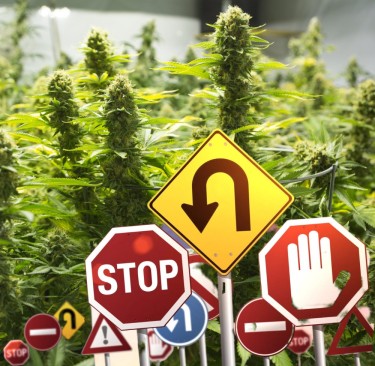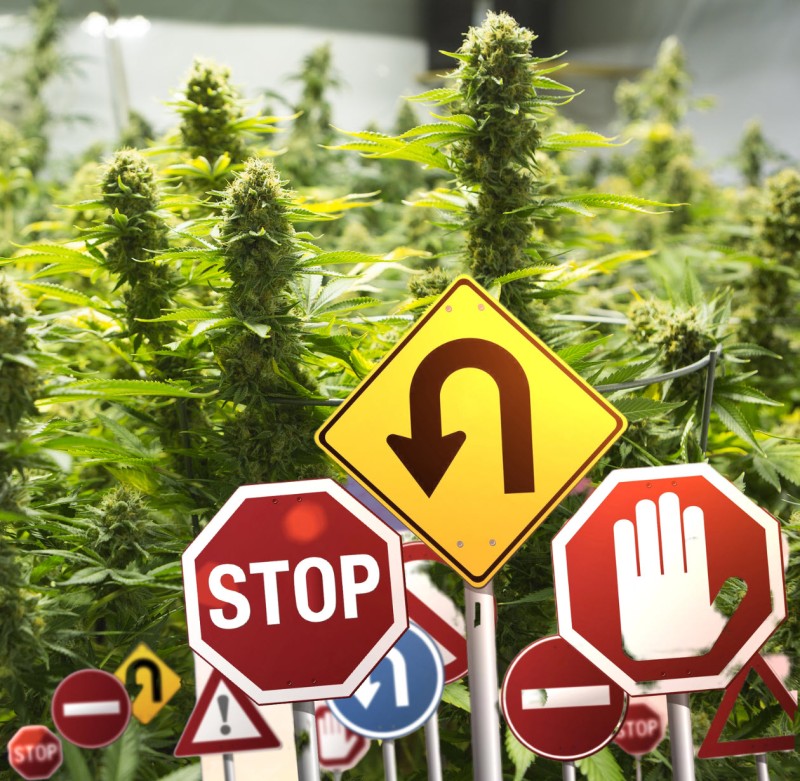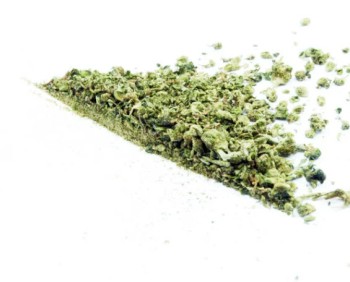
In a significant move that could reshape the landscape of cannabis regulation in the United States, a new bill has been introduced in Congress aimed at banning synthetic tetrahydrocannabinol (THC) nationwide. This legislation comes in response to a surge in the availability of unregulated hemp-derived products, particularly those containing synthetic cannabinoids like delta-9 THC. As the debate over cannabis legalization continues to evolve, this bill raises critical questions about consumer safety, industry regulation, and the future of hemp-derived products.
California recently moved to ban all hemp-derived THC and is not facing many lawsuits from interested parties.
The Context of the Legislation
The Rise of Hemp and Synthetic Cannabinoids
The 2018 Farm Bill marked a pivotal moment for hemp in the United States, legalizing its cultivation and production at the federal level. This legislation opened the floodgates for a booming industry centered around hemp-derived products, particularly cannabidiol (CBD). However, it also led to the emergence of synthetic cannabinoids, which are chemically engineered versions of THC. These products often mimic the effects of marijuana but are produced in labs and can be sold without the same regulatory oversight as traditional cannabis.
Since the legalization of hemp, synthetic cannabinoids have gained popularity due to their potency and accessibility. They can be found in various forms, including edibles, vapes, and oils, often marketed as legal alternatives to marijuana. However, this rapid expansion has raised alarms among health officials and consumer advocates who warn that these products may pose significant health risks.
Concerns Over Consumer Safety
-
Health Risks: Reports indicate that synthetic cannabinoids can cause adverse health effects, including anxiety, paranoia, and severe physical reactions.
-
Targeting Youth: Many synthetic THC products are marketed attractively to younger consumers, raising alarms about potential addiction and mental health issues.
The Proposed Legislation
Key Provisions of the Bill
1. Definition Changes: The bill seeks to redefine hemp by excluding synthetic cannabinoids from this classification.
2. Regulatory Oversight: It calls for mandatory testing for purity and potency before hemp-derived products can be sold.
3. Marketing Restrictions: The legislation proposes limitations on marketing practices targeting minors or making misleading claims.
4. Enforcement Mechanisms: Federal agencies would work with state regulators to monitor compliance with these new regulations.
Legislative Support and Opposition
The introduction of this bill has garnered support from various lawmakers who prioritize consumer safety and public health. Proponents argue that regulating synthetic THC is essential for protecting vulnerable populations and ensuring that consumers have access to safe products.
However, opposition has emerged from industry representatives who warn that such a ban could have dire consequences for the burgeoning CBD market. Many businesses have invested heavily in developing hemp-derived products that contain synthetic cannabinoids, which they argue provide therapeutic benefits without the psychoactive effects associated with traditional marijuana.
Industry advocates contend that banning synthetic THC could stifle innovation within the hemp sector and limit access to alternative treatments for conditions such as anxiety and chronic pain. They emphasize that responsible regulation rather than an outright ban is necessary to ensure consumer safety while allowing the industry to thrive.
The Impact on Consumers and Businesses
Implications for Consumers
-
Limited Options: A ban on synthetic THC could restrict access to certain therapeutic alternatives for consumers seeking relief from various ailments. Many individuals rely on these products for pain management, anxiety relief, and other health issues.
-
Confusion in the Marketplace: Consumers currently using synthetic THC products may struggle to find comparable alternatives if these products are banned. This confusion can lead to frustration and potential health risks as they turn to unregulated options.
-
Increased Prices for Alternatives: If synthetic THC products are banned, the demand for legal alternatives may surge, potentially driving up prices for remaining hemp-derived products. This could make them less accessible to low-income consumers who rely on these therapies.
-
Withdrawal Symptoms: Regular users of synthetic THC may experience withdrawal symptoms if they suddenly stop using these products due to the ban. Symptoms can include anxiety, nausea, insomnia, and irritability, which may require medical attention.
-
Loss of Trust in Regulatory Bodies: A sudden ban might lead consumers to distrust regulatory bodies if they feel the decision was made without adequate consideration of their needs or the benefits of synthetic THC products.
-
Impact on Mental Health: For some individuals, particularly those using synthetic THC for self-medication, the loss of access could exacerbate existing mental health conditions or lead to increased anxiety and depression.
-
Potential for Black Market Growth: Banning synthetic THC could drive consumers to seek these products from unregulated sources, increasing the risk of exposure to harmful substances and unsafe practices.
Effects on the Hemp Industry
-
Financial Losses: Businesses reliant on synthetic cannabinoid sales may face significant financial setbacks. This could lead to bankruptcies or closures within a sector that has only recently begun to stabilize.
-
Job Losses: A sudden ban could lead to job losses within an industry still stabilizing after years of uncertainty. Employees in manufacturing, retail, and distribution roles may find themselves out of work.
-
Investment Hesitancy: Potential investors may become wary of investing in the hemp industry due to regulatory uncertainty. This hesitancy can stifle innovation and growth within the sector.
-
Market Consolidation: Smaller businesses that rely heavily on synthetic THC may struggle to survive the ban, leading to a consolidation of the market where larger companies dominate. This could reduce competition and limit consumer choices.
-
Shifts in Product Development: Companies may need to pivot their product lines away from synthetic cannabinoids towards more traditional hemp-derived products like CBD. This shift could require significant investment in research and development.
A Divided Landscape Perspectives on Regulation
Advocates for Regulation
Supporters of stricter regulations argue that consumer safety should always come first. They highlight several key points:
-
Health Risks: The unpredictable nature of synthetic cannabinoids necessitates stricter regulations.
-
Youth Protection: Regulations are essential to protect young people from potentially harmful substances.
-
Public Health: Stricter regulations could mitigate public health crises related to substance abuse.
Industry Concerns
On the other side of the debate are industry representatives who advocate for a balanced approach:
-
Innovation Stifling: Bans could hinder innovation within an emerging industry providing alternative therapies.
-
Consumer Choice: Consumers should have access to a variety of options for managing their health conditions.
-
Responsible Regulation: Advocates call for regulations ensuring product safety while allowing businesses to thrive.
The Future of Hemp Regulation
1. Passage with Amendments: The bill may pass with changes addressing industry concerns while prioritizing consumer safety.
2. Stalemate: Polarized views may lead to a lack of bipartisan support, causing the bill to stall or fail.
3. State-Level Responses: States may implement their own regulations regarding synthetic cannabinoids, either aligning with or diverging from federal guidelines.
4. Increased Advocacy Efforts: Advocacy groups will likely intensify efforts to influence policymakers and educate consumers about risks and benefits.
Conclusion
The introduction of a bill to ban synthetic THC nationwide represents a critical moment in cannabis regulation in the U.S. As lawmakers navigate the balance between consumer safety and industry growth opportunities, ongoing dialogue among advocates, industry representatives, and consumers will be vital.
The outcome will not only affect businesses but also shape how consumers interact with cannabis-related substances underscoring the importance of thoughtful regulation in an evolving marketplace. Whether through increased regulation or outright bans, the future of hemp-derived products will require careful consideration of public health and individual choice.







